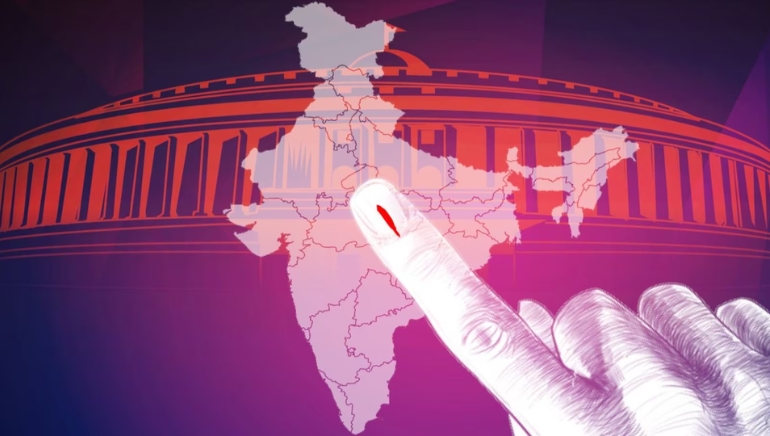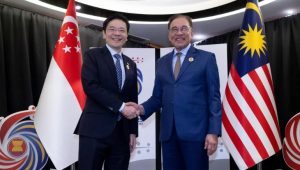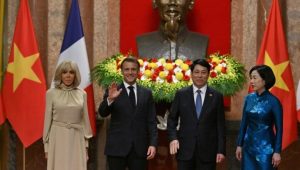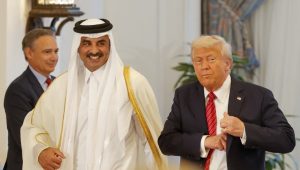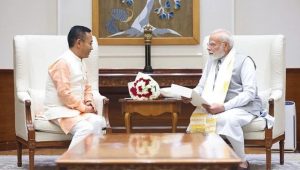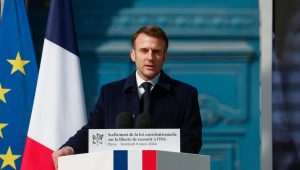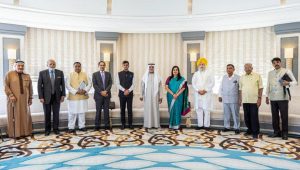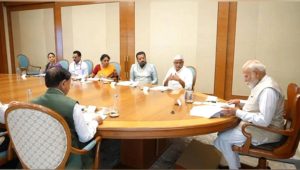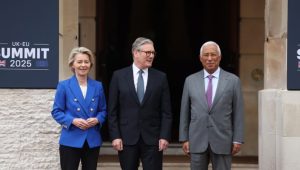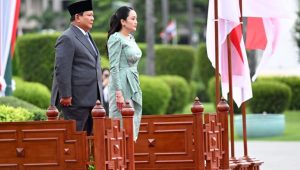A government panel has recommended India adopt simultaneous elections for state assemblies and the national parliament, aiming to enhance transparency, inclusivity, and governance efficiency.
Before the upcoming elections, the panel that Prime Minister Narendra Modi’s administration appointed submitted its report to President Droupadi Murmu. However, implementing the proposed “one nation, one election” policy would require parliamentary approval and state ratification, and it might encounter opposition from states run by PM Modi’s rivals who raise federalism concerns.
The panel, led by former president Ram Nath Kovind, argued that asynchronous elections cause instability, impacting supply chains, investments, and economic growth. It implied that conducting polls concurrently could accelerate GDP growth. In the past, India held elections simultaneously; however, this tradition was interrupted, which resulted in the current staggered system.
The group suggested that local body elections be integrated within a hundred days after state and national polls, after first coordinating elections for the lower house of parliament and state assemblies. The Bharatiya Janata Party (BJP), which supports the proposal, emphasises potential cost savings and the preference for governance over electioneering. Nevertheless, the concept encounters difficulties when traversing India’s intricate federal politics.





